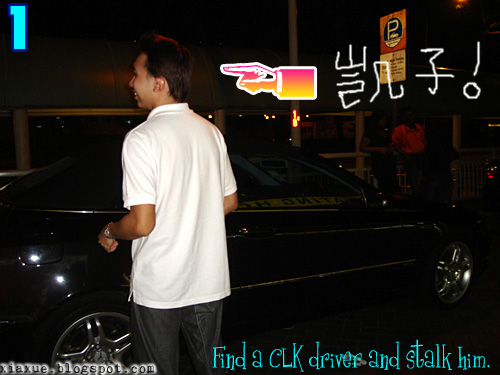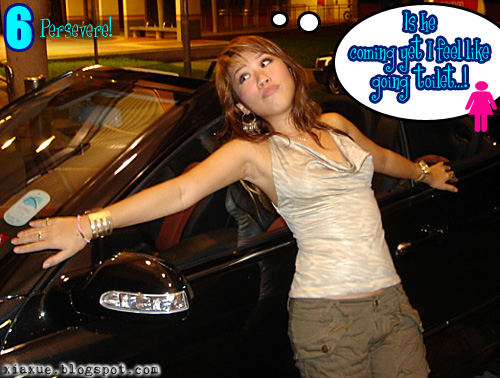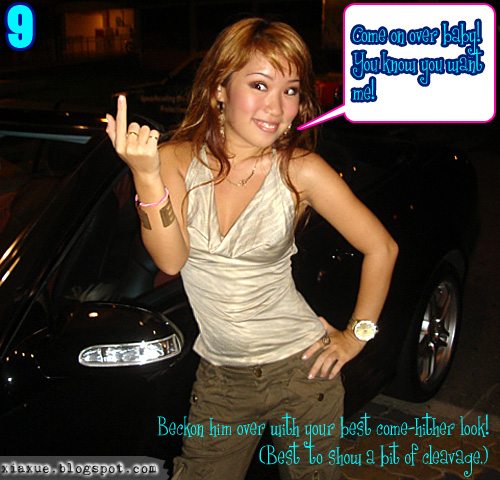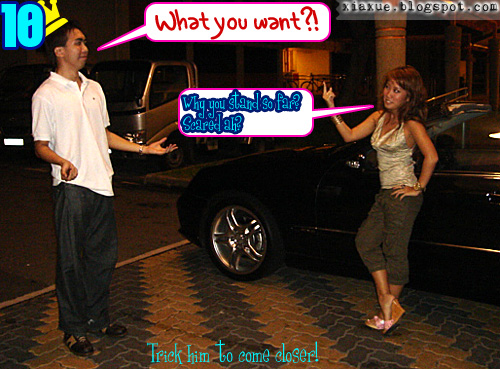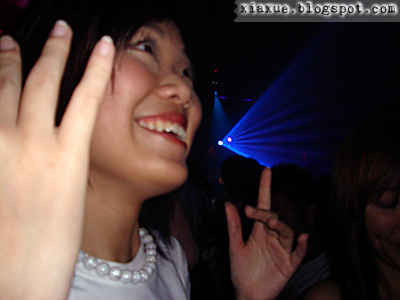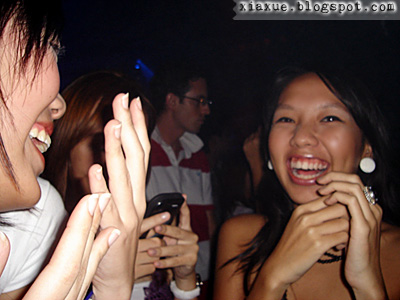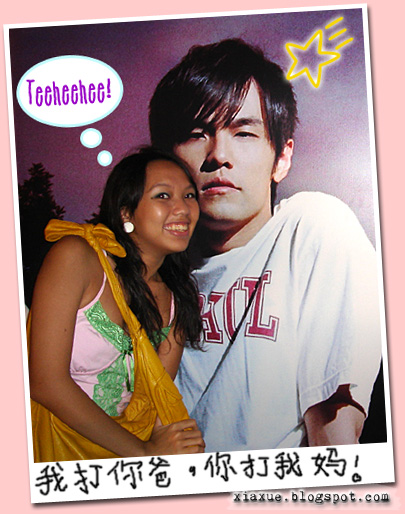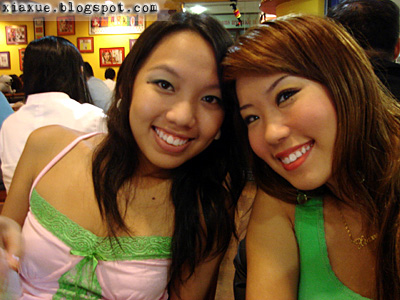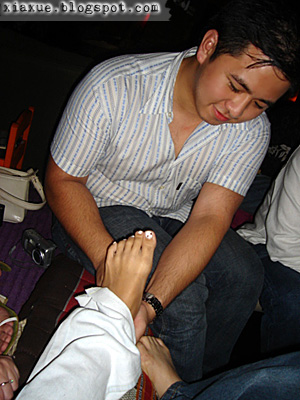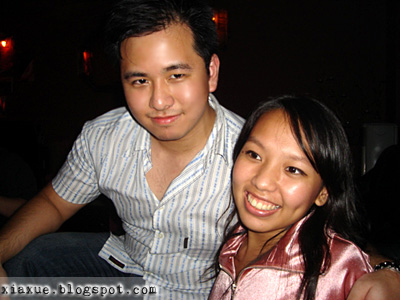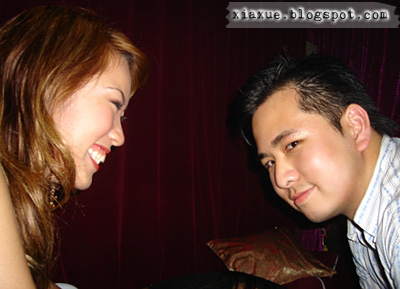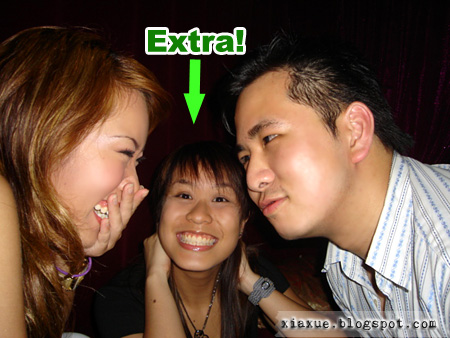The newly revived version of 'Doctor Who' has yet to find a Market on American Television. I've been able to see all 13 episodes, but I have my sources. So in my discussions of aspects for each of the episodes, I may be revealing some information you might want to avoid, in order to maintain the element of surprise when you finally get the chance to watch the show.
Of course, I don't kid myself that anything I write is to be considered deathless prose, so it's more than likely you'll forget all that will be revealed here by the time the show gets on the Tube in the States.
"The End Of The World"
Written by Russell T. Davies
Directed by Euros Lyn
The second episode of the new 'Doctor Who' ranks as one of my favorites. It really thrust the look of the series into the 21st Century, leaving the community theatre sets and rubber monster suits behind forever.
Davies showed an excellent imagination in creating new aliens for the series with the guests invited to witness the coming destruction of the Earth. He doesn't just phone it in by slapping a contoured forehead onto an actor and proclaiming them to be some new humanoid species as the 'Star Trek' series were wont to do. (His best new vision of aliens won't show up yet for another two episodes, when we finally meet the Slitheen family....)
The Moxx of Balhoun, the Face of Boe, the human/tree hybrids from the Forests of Cheem, the birdlike couple Mr. and Mrs. Pacoon..... nothing so fancy that CGI was required to create these species, but still the sense of the alien was well established. For instance, The Moxx of Balhoun is still a human actor inside a puppet-like contraption, but it's all in the way he's posed.
The Face of Boe was the sponsor of the event but that doesn't mean he (she? it?) owned the viewing platform. I hold fast to my theory that the family that owned Milliway's, the Restaurant at the End of the Universe, owns Platform One. The Face of Boe would be just the client who booked the reservation.
Davies also came up with some great names, and since I'm such a fan of "neocognomina", I had a great time as they rolled across the wrinkles of my brain: The City-State of Binding Light, Hop Pyleen, the tree people Jabe, Lute, and Coffa, and the Adherents of the Repeated Meme. (More on them later.)
For her first trip in the TARDIS, Rose was offered her choice of destination - anywhere in Time. But the Doctor pooh-poohed her first choice - 100 years into the Future - as being too dull. So I decided to check not only the 'Star Trek Chronology' book, but also my own private collection of historical data for the ever-evolving Toobworld Timeline to see if he was right. (I have yet to incorporate any dates from 'Enterprise' which may prove relevant.)
If we treat the TARDIS controls more like a digital radio rather than a simple dial, we have to lock them into exactly 100 years into the Future - 2105. In that year, eight women were brutally murdered, knifed to death, by an unknown assailant in the Martian Colonies. It would be more than a century before we learned that the "Wolf In The Fold" was an evil energy source known as Redjac. During the Victorian age on Earth, it was known as Jack the Ripper. ('Star Trek')
But those were isolated events, not something exemplifying the era, so maybe that's why the Doctor didn't take the murders into consideration when he proclaimed 2105 as being dull.
Stretching out the parameters five years in both directions, I suppose it was a dull time - at least to a being who had gone through as much as the Doctor had by that point in his lives.
2100
Earth scientists prove the existence of telepaths and begin keeping genetic records of telepath families.
('Babylon 5')
Toobworld Theory - It is probably only at this time that the Earth Government makes the official announcement of this. Telepath studies were being conducted back in the mid-1960s in the controlled experiment gulag known as "The Village".
('The Prisoner')
Mars is colonized.
('Babylon 5')
Toobworld Note - This should probably be "re-colonized". There were settlers on Mars at the beginning of the New Millennium, - complete with an atmosphere for the planet, - but the War of Nerves with the Mysterons and the Eugenics Wars put an end to that.
('The Martian Chronicles', 'Captain Scarlet And The Mysterons', 'Star Trek')
2103
Ensign Kim mentioned this date as when Mars was colonized by humans from Earth.
('Star Trek: Voyager')
Toobworld Note - I don't see a discrepancy in the competing dates. Kim does say it was colonized by humans from Earth. It could be that the majority of settlers who arrived earlier were either from the Lunar Colonies, or humans who had been raised on space stations.
Human cloning experiment approved and successfully attempted for breeding new workers.
('Mercy Point')
2110
The Earth Government begins to regulate telepaths.
('Babylon 5')
The Centauri conquer the Narn.
('Babylon 5')
Well, it might have been fun to see the Doctor and Rose get involved in that conflict!
Two more temporal items of note: the Doctor alludes to being on board the Titanic, or at least close at hand when it launched its maiden voyage. As he has had several regenerations and can travel in Time, he may have been able to do both.
If he was on board, the Doctor was just one more time traveller mucking up the works so much that the ship has become a nexus for the launch of several new time-lines and alternate dimensions. ('The Time Tunnel' and 'Voyagers!' are two other series that have featured the "unsinkable" vessel.)
Another event to mark on the calendar would be the New Roman Empire of 12,005. The way Rose laughed at his suggestion to explore that time made me wonder if she was suggesting the Doctor might like to hang out with a group of men wearing togas. It won't be the last time she pokes fun at his sexuality.....
The basic storyline for the episode can be described as "Agatha Christie in Outer Space": a collection of the Beautiful People in Society ("beautiful" and "people" being relative terms), seemingly unrelated, gathered together when a murder takes place.
With that theme in mind, I thought at first the Moxx of Balhoun might turn out to be the extra-terrestrial equivalent of Hercule Poirot; something about his look suggested the prissy Belgian with the little grey cells at work. (But don't mention this idea to anyone you meet in outer space! According to Douglas Adams, the word "Belgium" is a universal insult.)
The first murder happened so quickly, we never even got the chance to see what type of hors dour-#, er, hors d'our-# what kind of appetizers they were served. But more than likely Swedish meatballs were on the menu. Every civilization in known space has a variant of Swedish meatballs in their cuisine. ('Babylon 5')
I've written in the past about the possibility that the humanoid trees from the Forests of Cheem were a link to a past 'Doctor Who' episode featuring the Sixth Doctor, "The Mark Of The Rani". Back on Earth in the 1820s, The Rani used a magical/scientific device which transformed humans into trees; trees which still could move somewhat of their own volition (at least as far as their limbs were concerned), and which could still reason and think.
I believe these trees, and others like them around the world who had been victims of The Rani in the past, retained their human DNA and combined with their new genomes began the quantum leap forward in evolution.
Jabe (a great character teasingly played by Yasmine Bannerman) was descended from the trees of the great rain forests on Earth. And she and her companions Lute and Coffa all had very humanistic qualities in their appearance, so I think the theory is a sound one that they had human as well as wooden ancestors in their family trees. (I'm not apologizing for that pun!)
Jabe offered a cutting from her grandfather as a gift to the Doctor and Rose. So I'm wondering if "Little Tree" made it back on board the TARDIS before they left. If so, it might be interesting to see how he develops in a few seasons time. Perhaps he might be left behind somewhere, maybe "regifted" to somebody else, and then retrieved far enough along in the Timeline for him to have grown up a bit and become a new companion.
Just an idea to consider, RTD! (Although I'm afraid the concept of an arboreal Adric might too easily fall into a Pinocchio scenario.)
Among the guests invited on board were the Adherents of the Repeated Meme. The name intrigued me so I went to the Hyper-Dictionary online to get the splainin:
Definition: /meem/ [By analogy with "gene"] Richard Dawkins's term for an idea considered as a replicator, especially with the connotation that memes parasitise people into propagating them much as viruses do.
Memes can be considered the unit of cultural evolution. Ideas can evolve in a way analogous to biological evolution. Some ideas survive better than others; ideas can mutate through, for example, misunderstandings; and two ideas can recombine to produce a new idea involving elements of each parent idea.
The term is used especially in the phrase "meme complex" denoting a group of mutually supporting memes that form an organised belief system, such as a religion. However, "meme" is often misused to mean "meme complex".
Use of the term connotes acceptance of the idea that in humans (and presumably other tool- and language-using sophonts) cultural evolution by selection of adaptive ideas has become more important than biological evolution by selection of hereditary traits. Hackers find this idea congenial for tolerably obvious reasons.
I'm sorry I asked.
But for some reason, before my head started to hurt from reading all of that, I got an idea that they may have somehow been influenced by the phrase "Bad Wolf", which we will hear or see in every episode from this point on. (Moxx says to the Face of Boe that their predicament was a "classic Bad Wolf scenario".)
If the Adherents of the Repeated Meme are somehow connected to the true meaning of "Bad Wolf", I think their actions proved that the instigator of the phrase didn't quite have everything under control as previously thought. (Okay, I don't want to give EVERYTHING away!)
Earlier here at Inner Toob, WordsSayNothing said... "The iPod line in 'The End of the World' is awesome, though I wonder if the line will be as funny ten years from now. But Britney Spears' 'Toxic' as a piece of classical music? Magnificent."
I liked the concept of a jukebox being mistaken for an iPod five billion years into the Future, and it reminded me of the definitions Miles Monroe supplied for various artifacts in the movie "Sleeper". It also reminded me of that abhorrent Pepsi commercial where the archaeologist was so stupid, he couldn't recognize the shape of a Coca Cola bottle. (I hate Pepsi, by the way. That commercial helped shaped that opinion.)
As for Britney's song, I guess I've been the fortunate son. Until this episode I was able to avoid ever hearing an example of that TPT's repertoire. So the joke of it being considered classical music was lost on me... not that I recognize every piece of classical music I might hear today however.
I did like the use of SoftCell's "Tainted Love" though. The idea of that song as being "classical" worked for me.
The sight of the destruction of the Earth, which no one actually got to see after all, truly made it "a sad and beautiful world" as Roberto Benigni once said in the movies. Even though it's five billion years into our future, the image still evoked a sense of nostalgic loss in me.
We also got to learn something more of the Doctor's mysterious past as he filled in the blanks as to what transpired in all the years since we last saw him on our TV screens.
DOCTOR: My planet's gone. It burned like the Earth. There's nothing left, just rocks and dust.
ROSE: What happened?
DOCTOR: There was a war and we lost.
ROSE: What happened to your people?
DOCTOR: I'm a Time Lord. I'm the last of the Time Lords. They've all gone. I'm left travelling on my own because there's no one else.
ROSE: There's me.
So Gallifrey is gone. I'm sure they got more of a write-up in the Hitch-Hiker's Guide To The Galaxy than just as a footnote marking them as "Mostly harmless". (Which, considering all in all, they were not!)
But I'm hoping the Doctor is mistaken about being the last of the Time Lords. He does get proven wrong about the other combatants in that horrible war in a few episodes, so there's hope for the Gallifreyans.
If there are exceptions, one automatically thinks of his arch-enemy, the Master. But there's also The Rani. And the Doctor's own grand-daughter Susan. (Wouldn't it be great if Carol Ann Ford as Susan could meet the Tenth Doctor, played by thirty-five year old David Tennant? What a mind-bender that would be for her!)
And there's always Romanadvortlundar. (I probably should have played it safe and just typed "Romana"!) She's still supposed to be in E-Space, unless she found a way back in order to fight the great Time War.
Finally.....
"People themselves alter so much
That there is something new to be observed in them forever."
Spoken by Elizabeth
Jane Austen's Pride and Prejudice
That there is something new to be observed in them forever."
Spoken by Elizabeth
Jane Austen's Pride and Prejudice
Probably the main reason this episode ranks up there as one of my faves is because of Lady Cassandra O'Brien. As played by the incomparable Zoe Wanamaker, she had been nip/tucked over the many centuries (She was about 10,000 years old, I think.) to become nothing more than a stretched out translucent sheet of skin with eyes and a mouth. Her brain was stored in a tank below her and she was constantly being moisturized by her attendants to avoid drying out and ruining her delicately preserved image.
What a deliciously fun character she proved to be! And speaking as a member of the Clan as well as the Caretaker of Toobworld, I can't tell you how cool it was for me that the last human from the TV version of Earth should be an O'Brien! Lady Cassandra is the best O'Brien as a villain since the interrogator from George Orwell's "1984".
Here's hoping that somehow, some way, Lady Cassandra can be brought back again as a guest star. By the end of the episode that wish seems to get blowed up real good, but as this is a science fiction series about Time travel, nothing's impossible! And that way we might find out more about her life as a little BOY living in the Los Angeles Crevasse.
(To me, the name of that location means the City of Angels finally does tumble into the seas. Perhaps one day we might see it happen on 'Doctor Who'. Just so long as it doesn't happen in the Real World this coming November when I'm out there!)
Lady Cassandra dismissed all of the other humans who had scattered across the galaxy as being mongrels, now interbred with other humanoid species. We know Spock was one, as was the little girl whose father was one of the 'V' lizards. And so was the son of the 'Starman'.
But I'll bet Lady Cassandra would have been shocked to find out that her ancestors were actually from another world (not the soap opera!) as well. They were survivors from the planet Golgrafrincha, who crashed on Earth at the Dawn of Man. These petty bureaucrats and phone sanitizers were the true ancestors of the human race, not the bone-wielding ape-men who were just getting around to evolving when the Golgafrinchons showed up.
Next week: 'The Unquiet Dead' in one of my favorite periods of Time - the Victorian Age!
BCnU!
Tele-Toby
